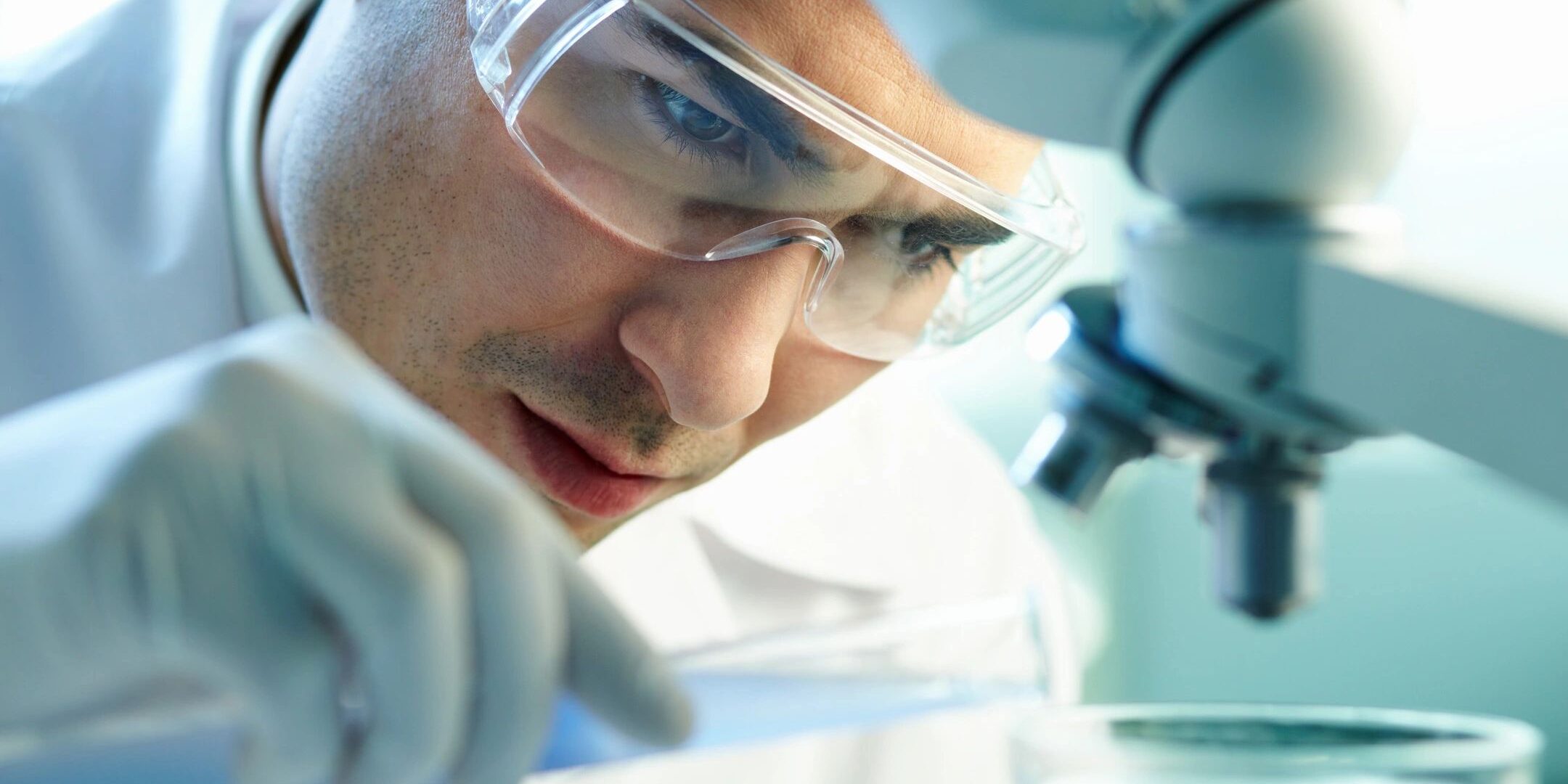Medical products, even though the solution to many ills, have also been revealed as a possible source of adverse events or side effects.
The role of Pharmacovigilance consultants is the recognition of drug or device risks, whether caused by quality defects, by intrinsic toxicity of the product, by idiosyncratic reactions of the individual, or by off-label use.
When drug and devices are reviewed and found to meet regulatory standards, this does not mean the product is safe for all time and under all circumstances when brought to the marketplace.
Pharmacovigilance consultants are often interdisciplinary trained experts with extensive experience in the pharmaceutical industry.
Pharmacovigilance is the science and set of activities related to watching a product – the detection, evaluation, understanding and risk management of undesirable effects (or adverse reactions) or any other safety problem related to drugs or devices, aiming to improve the safety of drugs to maximize public health.
The importance of the Pharmacovigilance consultants in the Pharmacovigilance system
Within this context, Pharmacovigilance consultants can be of fundamental importance by functioning as the sole entity or providing services that allow for the proper monitoring and reporting of adverse events. This can activities such as reviews of the medical literature, communications of adverse event follow up with the patient, using appropriate terms or language in reporting or submitting periodic safety reports.
Knowledge of MedDRA, medical literature, adverse event databases, pharmacokinetics, pharmacodynamics and drug interactions, are a few of the basic items important for the choice of Pharmacovigilance consultants. Using this type of information, and other sources, allows these types of regulatory consultants to perform signal analyses and to review possible benefit and risk balance changes with a specific product or family of products.
It sounds simple, but it is not. Pharmacovigilance consultants must have a thorough knowledge of the products manufactured by the company and use the correct/best tools to analyse broad types of information with data from different resources. In addition to ultimately providing correct information to treaters and patients, they can identify new potential risks. It is also advantageous to hire consultants for pharmacovigilance activities that also know the expectations of the regulatory authorities for safety information.

